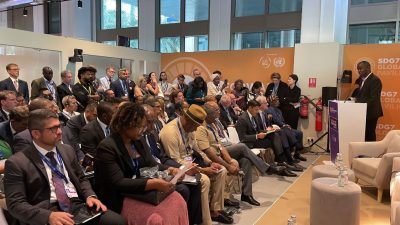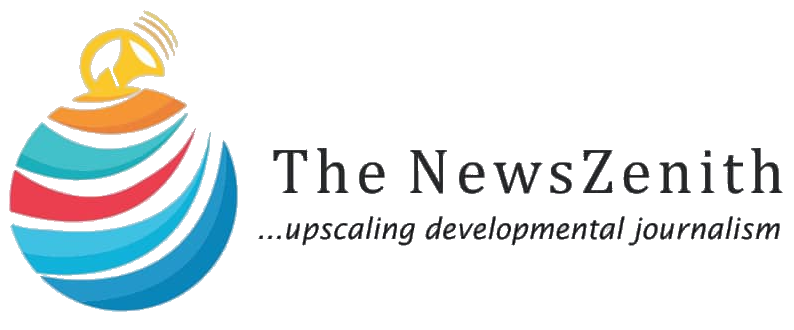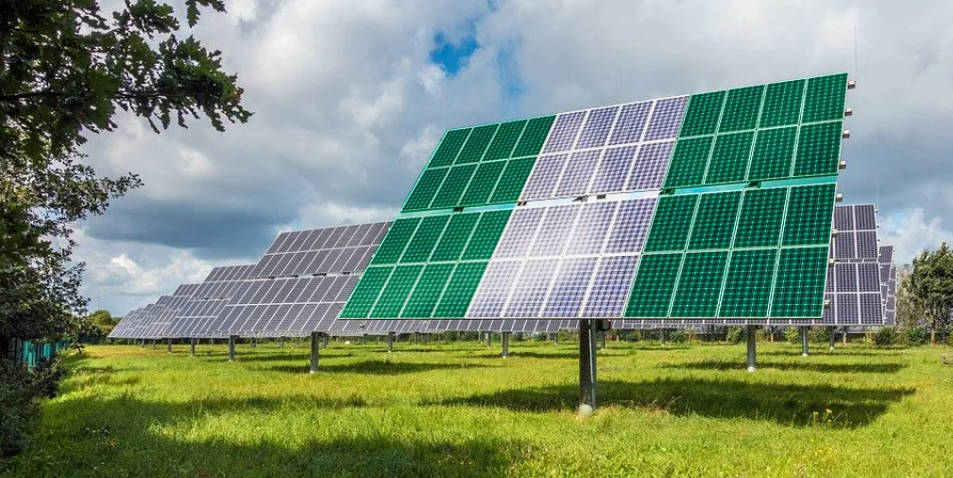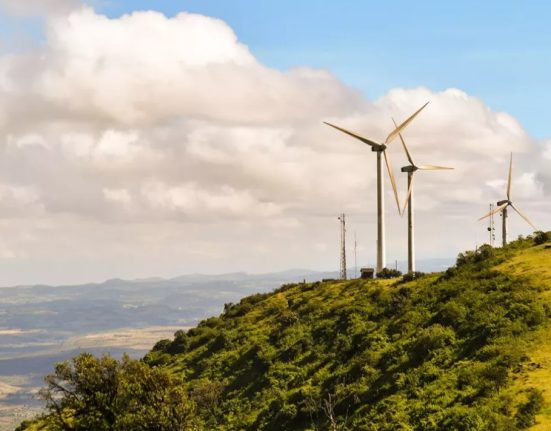By Abdulfatah Babatunde
Nigeria and 10 other African countries have led the world to join first-of-its-kind consortium to deploy 5-GW of Battery Energy Storage Systems (BESS).

TheNewsZenith reports that the other African countries are Barbados, Belize Egypt, Ghana, India, Kenya, Malawi, Mauritania, Mozambique and Togo.
Global Energy Alliance for People and Planet (GEAPP), in a statement emailed to TheNewsZenith, announced the countries’ commitment to BESS at the ongoing COP28, on Saturday in Dubai, UAE.
According to GEAPP, the African nations came out as first-mover countries to sign as resource partners committed to BESS Consortium.
“Securing 5-GW of energy storage commitments by the end of 2024 is a key deliverable of the GEAPP’s Global Leadership Council (GLC), formed in 2022 to significantly reduce the cost of renewable energy technologies.
“The commitments demonstrate progress towards enabling 400-GW of renewable energy by 2030 in support of the United Nations Sustainable Development Goal-7 (SDG7) and solving energy poverty.
Indonesia is showing strong interest in joining the Consortium.
“Through the Consortium, these countries join collaborative efforts to secure 5-gigawatts (GW) of BESS commitments by end of 2024.
“To achieve estimated 400-GW of renewable energy, we must develop 90-GW of storage capacity.
“This estimated energy is needed to alleviate energy poverty by 2030 and save a gigaton of CO2.
“The BESS Consortium’s initial 5-GW goal will help create a roadmap for achieving the rest by 2030, demonstrating a key mechanism for accelerating a just energy transition,” the statement read in part.
BESS is a critical element to increase reliability of grids and accommodate renewable energy sources needed to power economic development.
In many cases, a combination of BESS and renewables are already cheaper than fossil fuel alternatives.
BESS Consortium is a multi-stakeholder partnership set up to ensure these benefits transform energy systems across low-middle-income countries (LMICs).
The consortium is on track to meet its target of securing 5-GW of BESS commitments by the end of 2024. And we will start deploying these by the end of 2027.
Read Related News:
NASENI boss to address COP28 on rural electrification
Resource partners will support BESS Consortium countries.
The partners include GEAPP, African Development Bank (AfDB), World Bank, Asian Development Bank (ADB) and Inter-American Development Bank (IDB).
Others are Agence Française de Développement, German Agency for International Cooperation (GIZ), RMI, Africa50, Masdar, Infinity Power and AMEA Power.
National Renewable Energy Laboratory (NREL), Net Zero World, and Sustainable Energy for All (SEforALL), with additional partners and countries expected to join will also support the consortium.
Jonas Gahr Støre, Prime Minister of Norway and Co-chair the GLC, said BESS initiative started three months ago.
“We formed GLC to expedite change and bring forward transformative initiatives that will cut emissions.
“The initiatives will also create jobs and expand access to clean and affordable energy in low- and middle-income countries.
“Three months ago, we committed to establishing the BESS Consortium. Already, we have countries, resource partners and champions on board.
“This is only the beginning, we must continue to move at collective speed and scale,” Gahr Støre said.
New Research
Meanwhile, New research from The Rockefeller Foundation shows that keeping global warming from breaking the 2° Celsius threshold will require global collaboration.
BESS is a critical technology to achieve that goal. However, unfavorable policies and regulations, high financing costs, long project lead times, and other challenges are hindering the progress.
To accelerate the shift to cleaner and more affordable energy systems, the World Bank and the Energy Sector Management Assistance Programme (ESMAP) recently published a comprehensive framework, “Unlocking the Energy Transition: Guidelines for Planning Solar-Plus-Storage Projects.”
Written for policymakers and project developers, the report provides a step-by-step approach to planning and executing utility-scale solar photovoltaic projects.
That approach also include practical advice on feasibility assessments, business model selection, risk allocation and navigating the procurement process.
Do you have a flair for Citizenship Journalism? Share story(ies) of happenings in your area with The NewsZenith on WhatsApp: 08033668669 or thenewszenith@gmail.com




